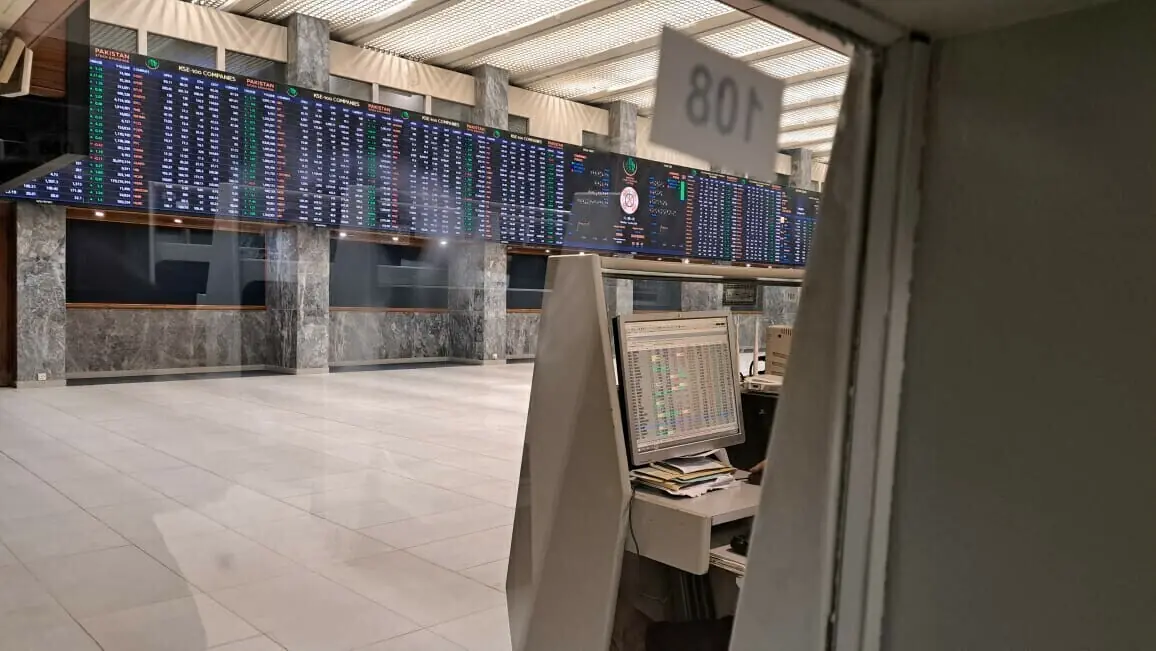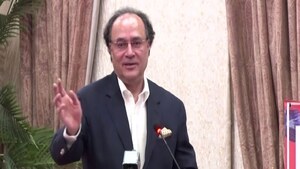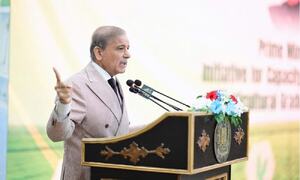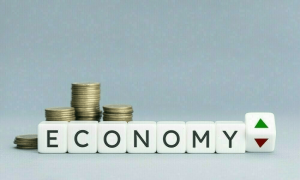The US Federal Reserve is mulling its exit strategy from massive economic support measures but has put off any decision, minutes of the latest policy-setting meeting showed Tuesday. The Federal Open Market Committee (FOMC) "discussed possible approaches for formulating and communicating key elements of its strategy for removing extraordinary monetary policy accommodation at the appropriate time," minutes from the March 16 meeting said.
"No decisions about the committee's exit strategy were made at this meeting, but participants agreed to give further consideration to these issues at a later date." Ryan Sweet at Moody's Economy.com pointed out that the minutes lacked additional information on the Fed's plan to exit the extremely accommodative monetary policy it has pursued in support of the economy's recovery from the worst recession in decades.
"However, the minutes show the central bank is exploring the possibility of allowing 'some or all' of its Treasury securities to mature without reinvestment, thus shrinking its balance sheet." The policymakers agreed that the central bank's purchases of 1.25 trillion dollars of mortgage-backed securities and about 175 billion dollars of other debt were on track for completion by the target date of March 31, the minutes showed.
They concluded that financial market conditions remained supportive of economic growth and there were no signs of emerging misalignments in financial markets or "widespread" instances of excessive risk taking.
"Participants were also reassured by the absence of any signs of renewed strains in financial market functioning as a consequence of the Federal Reserve's winding down of its special liquidity facilities," the minutes said. The policymakers saw the economic recovery as "likely to proceed at a moderate pace," the minutes said, adding that "modest downward adjustments" were made to projections for economic growth.
At the one-day meeting, the FOMC left the federal funds rate unchanged at a historic low range between zero and 0.25 percent, where it has been since December 2008 in a bid to pull the world's largest economy from the recession that had begun a year earlier. There was dissent on the wording of the statement accompanying the interest rate decision that the base rate would be held unchanged for "an extended period," reiterating the phrase used in recent FOMC statements.
"Nearly all members judged that it was appropriate to reiterate the expectation that economic conditions - including low levels of resource utilisation, subdued inflation trends, and stable inflation expectations - were likely to warrant exceptionally low levels of the federal funds rate for an extended period, but one member believed that communicating such an expectation would create conditions that could lead to financial imbalances," the minutes said.
Kansas City Fed president Thomas Hoenig was, for the second meeting in a row, the sole dissenter to the FOMC action. According to the minutes, a number of members noted that the panel's expectation for a policy change "was explicitly contingent on the evolution of the economy rather than on the passage of any fixed amount of calendar time."
Dean Maki, chief US economist at Barclays Capital, said that was the most important message in the March FOMC minutes. "The committee does not believe the 'extended period' language refers to calendar time; rather it is meant to refer to the evolution of economic data," he said.
"Because it serves as much less of a constraint than its conventional definition would suggest, this interpretation also could imply that the language will stay in place until the committee is relatively certain it will be tightening soon," he added. The next FOMC meeting is scheduled April 27-28.
BR100
15,087
Increased By
28.5 (0.19%)
BR30
43,239
Increased By
307.6 (0.72%)
KSE100
148,914
Increased By
98.8 (0.07%)
KSE30
45,239
Increased By
32.6 (0.07%)





















Comments
Comments are closed.